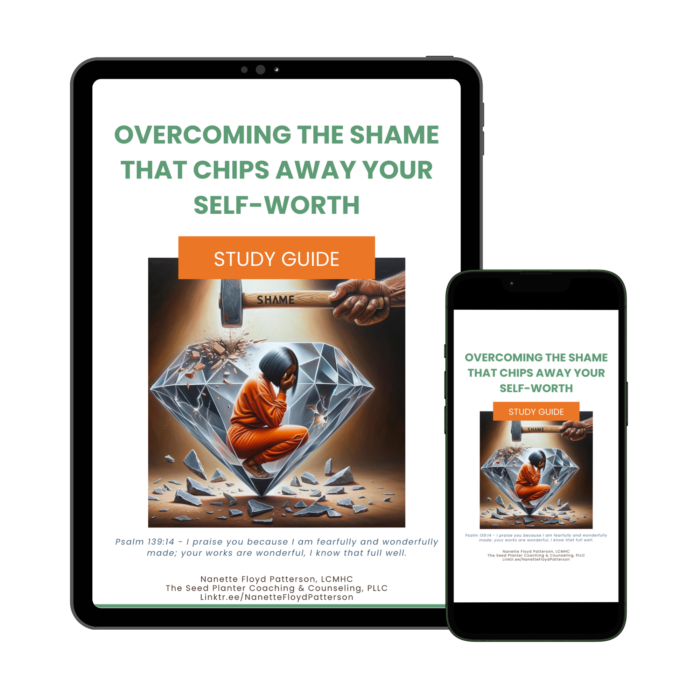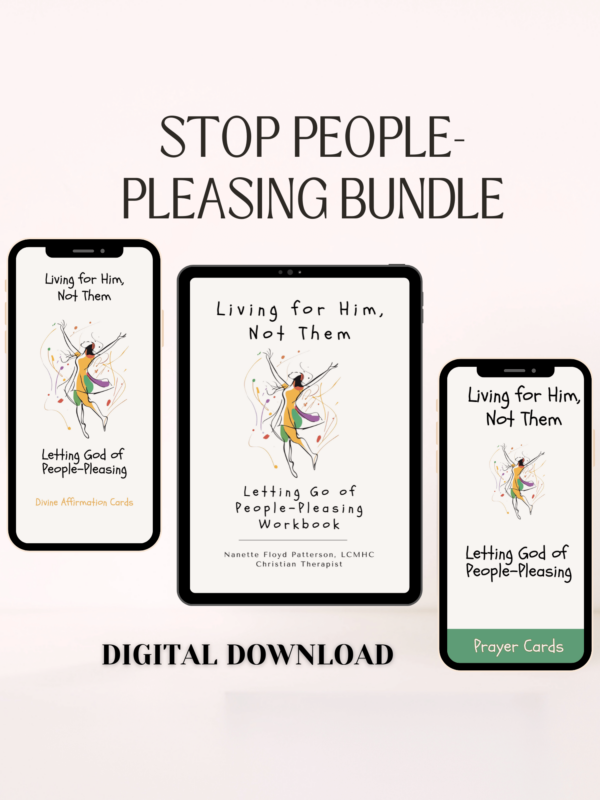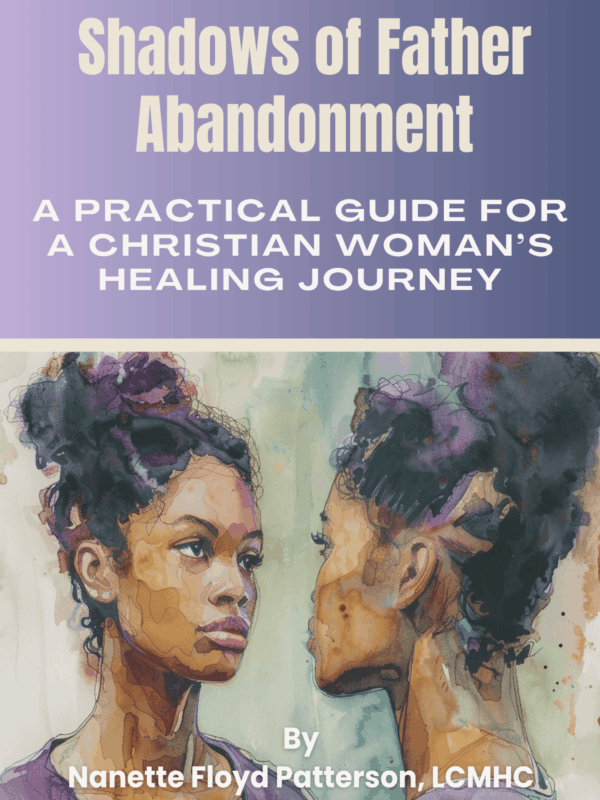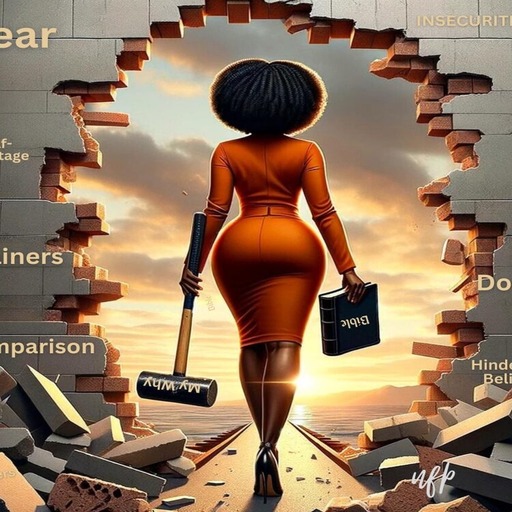
Have you ever been in a conversation where the other person kept saying “I don’t know”? It can be frustrating, right?
You might think they’re just unsure or don’t want to talk, but what if there’s more to it? This simple phrase can hide a lot of feelings and thoughts that aren’t so easy to see. Sometimes, when people say “I don’t know,” they’re actually feeling a lot of things that are hard to explain or share.
Let’s take a closer look at what might be going on behind those words. Could there be deeper emotions and thoughts affecting their relationships? What if understanding this could help us connect better with others? But consider this: what if there’s a deeper story behind that phrase?
“I don’t know” might look like a simple shrug-off, yet it often masks a whirlpool of unspoken thoughts and emotions. Understanding this can be a game changer in our interactions with others and relationships. It opens the door to empathy, allowing us to see beyond the surface and connect with others on a more meaningful level.
“I don’t know” can really mean life is complex and full of unknowns. It tells us that things aren’t always clear-cut, and often, we’re still figuring out the answers. Forbes suggests that there’s always a deeper truth behind “I don’t know.” It’s a chance for us to explore more and find out the little things we might not notice at first.
So, let’s peel back the layers of “I don’t know” to uncover the hidden sentiments and mental states it may represent.
1. Emotional Shield
Saying “I don’t know” can act as a defensive mechanism to guard against vulnerability. Engaging with and expressing one’s emotions, particularly when they are tangled or distressing, can be intimidating. This phrase allows individuals to create a buffer, either to give themselves space to internally process these emotions or to sidestep facing them. Let’s consider Proverbs 4:23, which teaches, “Above all else, guard your heart, for everything you do flows from it.”
2. Dread of Judgment
The apprehension of how one’s words will be received can lead to using “I don’t know” as a conversational escape hatch. It’s often employed as a tactic to avoid the potential fallout of judgment or criticism, reflecting the speaker’s anxiety about how their views or feelings might be evaluated by others.
3. Reflective Pause
Decisions and opinions are not always formed in haste; they can require considerable thought and introspection. In such cases, “I don’t know” genuinely signifies the need for additional time to contemplate and arrive at a well-considered conclusion. I’m reminded of James 1:19 that says, “Everyone should be quick to listen, slow to speak and slow to become angry.”
4. Choice Overload
In a society flooded with options, the pressure to make the perfect decision can be paralyzing. When individuals feel swamped by the plethora of choices before them, “I don’t know” becomes an expression of their struggle to maneuver through the overwhelming array of alternatives.
5. Untangling Emotional Confusion
Our emotions can be complicated and hard to figure out, sometimes leaving us unsure about how we really feel. When someone says “I don’t know,” it might actually mean they’re trying to sort through their feelings and understand them better. This phrase can be a straightforward way of saying they need more time to get to the heart of what they’re experiencing emotionally.
6. Avoiding the Hard Truth
At times, “I don’t know” serves as a way to sidestep facing reality, especially when it involves acknowledging something difficult or uncomfortable. People might use this phrase to avoid confronting or expressing a truth that’s hard to admit. This evasion often comes from being scared of what admitting the truth might lead to or simply not wanting to deal with it directly, whether personally or with others.
7. Seeking Support
Sometimes, when people say “I don’t know,” what they’re really doing is asking for help, guidance, or just someone to understand them. It’s like they’re saying they need someone to reassure them or give them advice because they’re feeling unsure or shaky.
8. Checking for Safety
How safe someone feels, in their body, mind, or heart, really affects how much they’re willing to open up and share. When someone uses “I don’t know,” it might be their way of saying they don’t feel completely safe to let out their real thoughts or emotions in that moment.
9. Trust Issues
How much we trust the person we’re talking to greatly affects how open we are with them. When someone says “I don’t know,” it could mean they have trust issues and are cautious about sharing too much, worried about how their words will be handled or valued.
10. Spiritual Uncertainty
If you’re talking about spiritual matters, “I don’t know” might express personal doubts or questions about their faith and beliefs. This phrase often comes up in moments of spiritual searching, representing the inner battles with uncertainties about one’s faith. This reflects the idea from 1 Corinthians 13:12 by Apostle Paul, highlighting that our current understanding is partial, like looking in a dim mirror, but one day we will see and understand fully, just as God fully understands us.
Wrapping Up
The phrase “I don’t know” holds more significance than it might seem at first glance, reflecting a person’s unique situation, feelings, and thoughts. Understanding the different reasons someone might use this expression can greatly enhance our ability to communicate with empathy and understanding. Grasping the underlying messages in “I don’t know” allows us to improve our interactions and relationships. Understanding each other better can improve our relationships and create more meaningful connections.
For those individuals who love a great visual, I put together an infographic for you.
What Saying I Don’t Know Really Mean Infographic
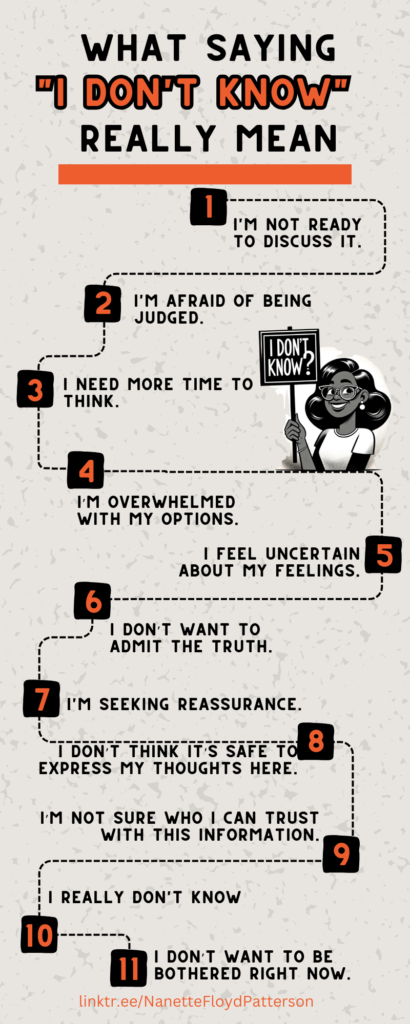
I’m a Christian Therapist and Master HIScoach and I’m on a mission to help women see themselves as God sees them. Shame is one of those dynamics that can chips away a person’s self-worth. I put together a comprehensive study guide “Overcoming the Shame That Chips Away Your Self-Worth Study Guide”.
Overcoming the Shame That Chips Away Your Self-Worth Study Guide
